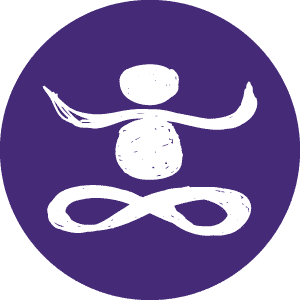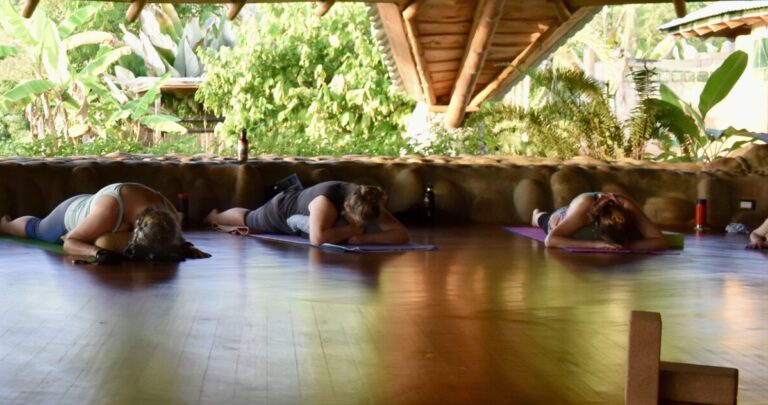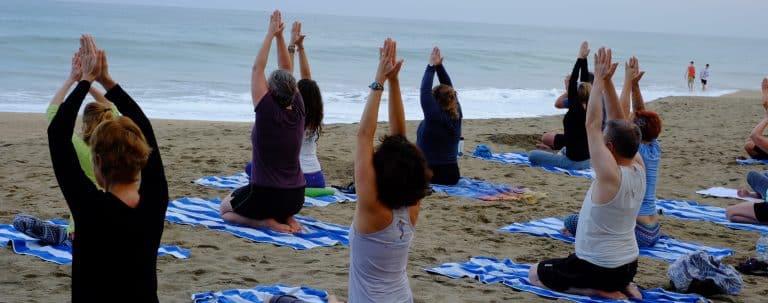The Buddha said that the way to become wise is to ask questions. The Yoga Sutras tell us that there are several ways to attain knowledge: through inference, direct (sense) experience, and teachings. Contemporary neuroscience recognizes “multiple intelligences” connected to both the structure and function of the brain and its accumulated experience.
There are “street smarts” and “book smarts.” There is intuition and training. There are many ways to acquire and realize wisdom, some more accessible than others. Our families, culture, privilege and related life experience will determine how we find our way to wisdom.
We know it when we see it.
These practices help us to see more clearly. Wisdom is part of our true nature, all of us have the potential to access and embody it. These practices simply reveal the innate beauty of the mind/heart. It is already there.
We know it when we have it.
Wisdom is a practice. It is more than knowledge, it’s the action that follows insight. In this way, wisdom is yoga. It is connection. One of the earliest mentions of yoga is in the Bhagavad Gita where it is called “wise action.”
We know it when we do it.
Wisdom is the integration of what we have been taught, what we have experienced, and what we realize as a result. It is demonstrated by our choices, words, posture, and all other aspects of our lived experience.
Wisdom may also be recognized as discernment. It comes with clarity regarding choice. Perhaps here we can see the path that the Buddha laid out for us. When we ask questions we reveal possibilities. There is the opportunity to practice applying our wisdom.
To help cultivate wisdom, we can practice asking questions, even related to everyday experiences. Like journalists, we can use the following 6 questions as a guide: Who? What? When? Where? Why? How?
These questions will help to slow the impulse of habit and allow us to see more clearly what is possible. It is always difficult to facilitate change and yet, change is constant. When we see more clearly the dynamic that is our experience, we may find that we are more wisely able to engage with it.
This month, you might take advantage of the opportunity to cultivate wisdom by doing one of the following:
1. pay close attention to your direct experience
- use mindfulness practices to identify sense perception
- try journaling (use words, images, shapes, colors, etc…) to help train and sustain attention
2. engage with teachers and their teachings,
- read, listen, inquire
- take notes
- focus on someone or something that sparks your curiosity and go deeper rather than scattering attention too broadly
3. ask questions and consider options
- who?
- what?
- when?
- where?
- why?
- how?
- what else is possible?






